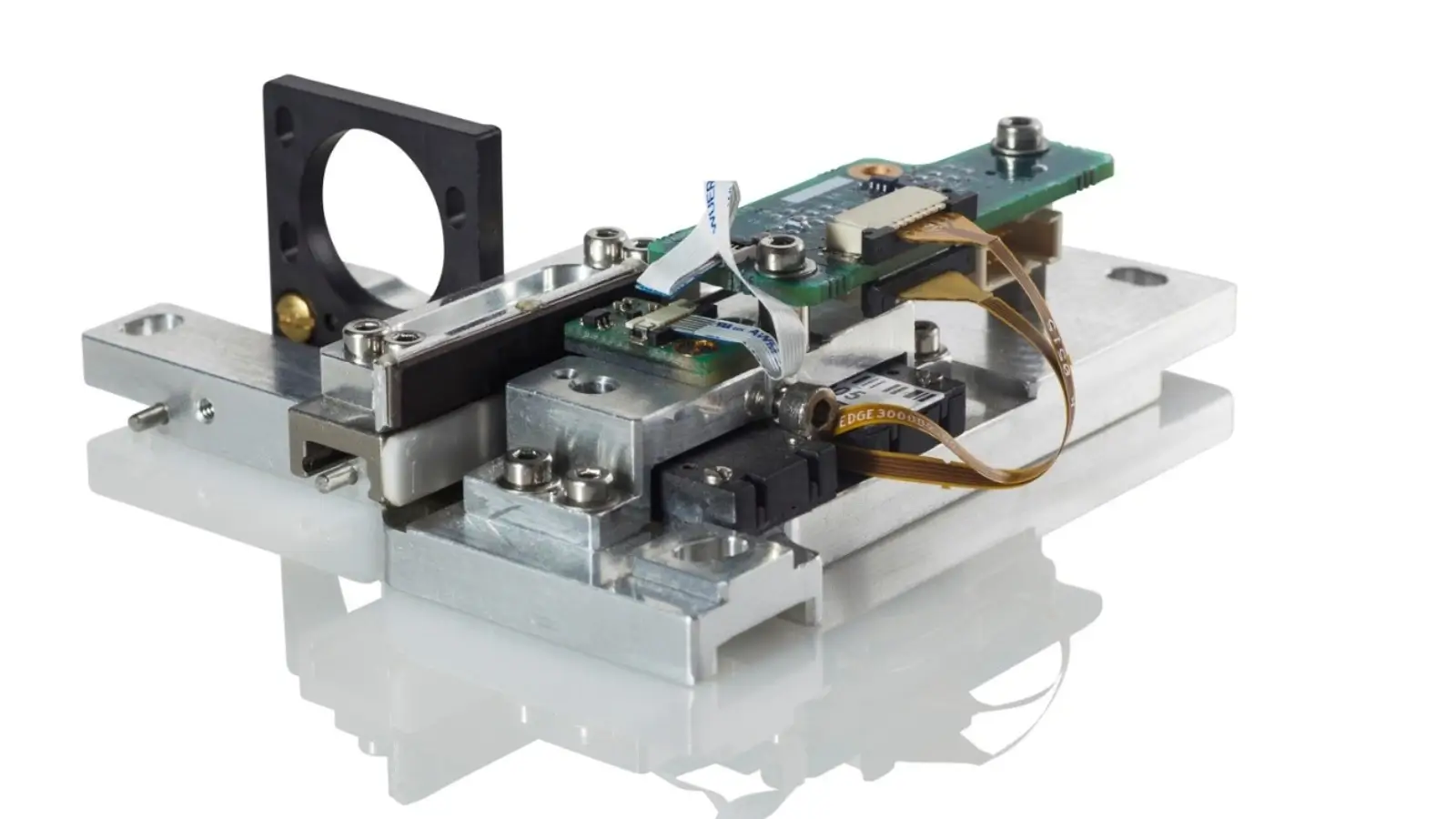Why Process Awareness Is the Foundation of Sustainable Growth
— With a solid foundation of process awareness, you set your business up for success.

Every business can be broken down into a series of different processes, each of them working together to deliver products and services to the customer in the most efficient and convenient way possible. It includes everything from raw materials processing to customer service, each system having its own efficiency, cost, and quality concerns.
So when you put these processes together, they become the backbone of a business. With zero understanding of these processes and how they link together, it becomes easy to waste resources, time, and energy, while also missing out on opportunities to build up the business.
So in this post, we’ll be talking about process awareness, how it fits into your business, and why it’s important.
Understanding How Your Processes Actually Work
The first step to improving any process is knowing how it really works. Many business owners think they understand their systems because they created them, but once a company begins to grow, those processes often evolve.
So when you take the time to map out and review your workflows, you get a clearer view of where delays or waste might be hiding. That awareness helps you plan changes based on real data rather than assumptions, creating more reliable outcomes and smoother daily operations.
Connecting Awareness to Sustainability
Sustainability often goes beyond just environmental impact, covering the maintenance of systems and how they can grow without breaking under pressure. Process awareness supports that by helping businesses spot opportunities to save resources, reduce waste, and improve performance over the long term.
Companies that understand their operations can often find ways to reuse energy or materials. For example, many industrial facilities now use biogas and anaerobic digestion systems to convert organic waste into energy, reducing both emissions and costs. These kinds of sustainable choices are only possible when a company understands every stage of its processes well enough to tell where waste can be turned into value.
Using Data to Guide Decisions
Data gives you the evidence you need to make process awareness more meaningful. When you track what’s working and what’s slowing things down, you can set realistic goals and measure progress on an individual employee basis.
Even simple metrics like tracking material use, delivery times, or energy costs can highlight patterns that are worth paying attention to. When those numbers are reviewed regularly, it’s easier to see how small changes in one area might lead to big improvements elsewhere in the business.
Building a Culture That Values Process
From handling industrial supplies to providing customer support, company cultures should value the systems involved. Sustainable growth comes from teams that understand why they matter. Encouraging process awareness across departments helps everyone see how their work contributes to the company’s long-term goals.
When employees feel included in reviewing and improving processes, they’re more likely to suggest solutions and spot problems early. This culture of shared awareness helps everyone stay both adaptable and efficient, even if the business is growing. With a solid foundation of process awareness, you set your business up for success.




















